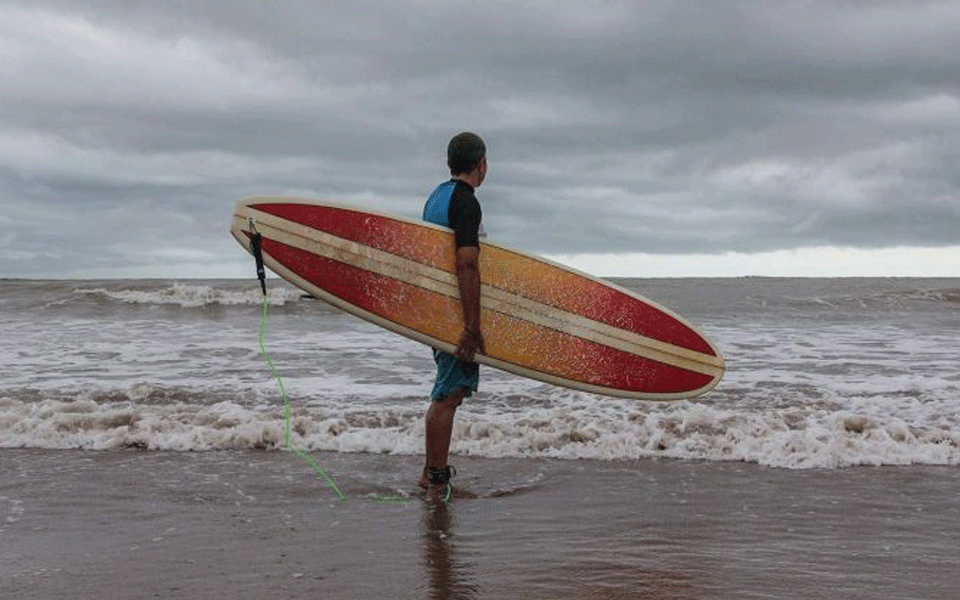Mangaluru, May 29 : As many as 30 surfers from various surfing schools in the country will brave the difficult and testing monsoon waves of the Arabian Sea at the inaugural 'Monsoon Surf Challenge' being hosted at the Panambur beach here from June 2-7.
Conceptualised and hosted by Mantra Surf Club -- India's first surf school, the event is being organised by the Kanara Surfing and Water Promotion Council and carries a winner's cheque of Rs 75000 while the runner's up gets richer by Rs 50,000.
The event is sanctioned by the Surfing Federation of India and has support from corporate houses and government bodies like the TT Group, Firefox Cycles, Union Bank of India, Mangalore Refinery Petrochemical Ltd, Mangalore Chemical Fertilizers and New Mangalore Port Trust Ltd.
The Mantra Surf Club aims to make the ‘Monsoon Surf Challenge' an annual affair to be hosted just after the Indian Open of Surfing every year.
"We are happy to see this unique event taking place in Mangalore for top surfers in India, our aim is to continuously promote Mangalore as a premier surfing destination in the country. This event will provide a platform for top Indian surfers to challenge themselves during the famed monsoon surf season," Kanara Surfing and Water Promotion Council Secretary Gaurav Hegde said.
Let the Truth be known. If you read VB and like VB, please be a VB Supporter and Help us deliver the Truth to one and all.
Dubai: Smoke was seen rising from an area near the United States Consulate in Dubai, according to witness accounts cited by Reuters.
There was no immediate official confirmation on the extent of damage or whether there were any casualties in the incident.
Earlier, the US embassy in Riyadh, Saudi Arabia’s capital, was also attacked. Authorities reported damage to the premises, but no casualties were recorded.
The developments come amid heightened tensions in the region, with Iran continuing to target US interests in the Middle East following deadly attacks launched on Saturday by Israel and the United States.
Near US embassy in Dubai pic.twitter.com/z5VTZNVxNO
— Sahil Shah (@thesahilsshah) March 3, 2026





